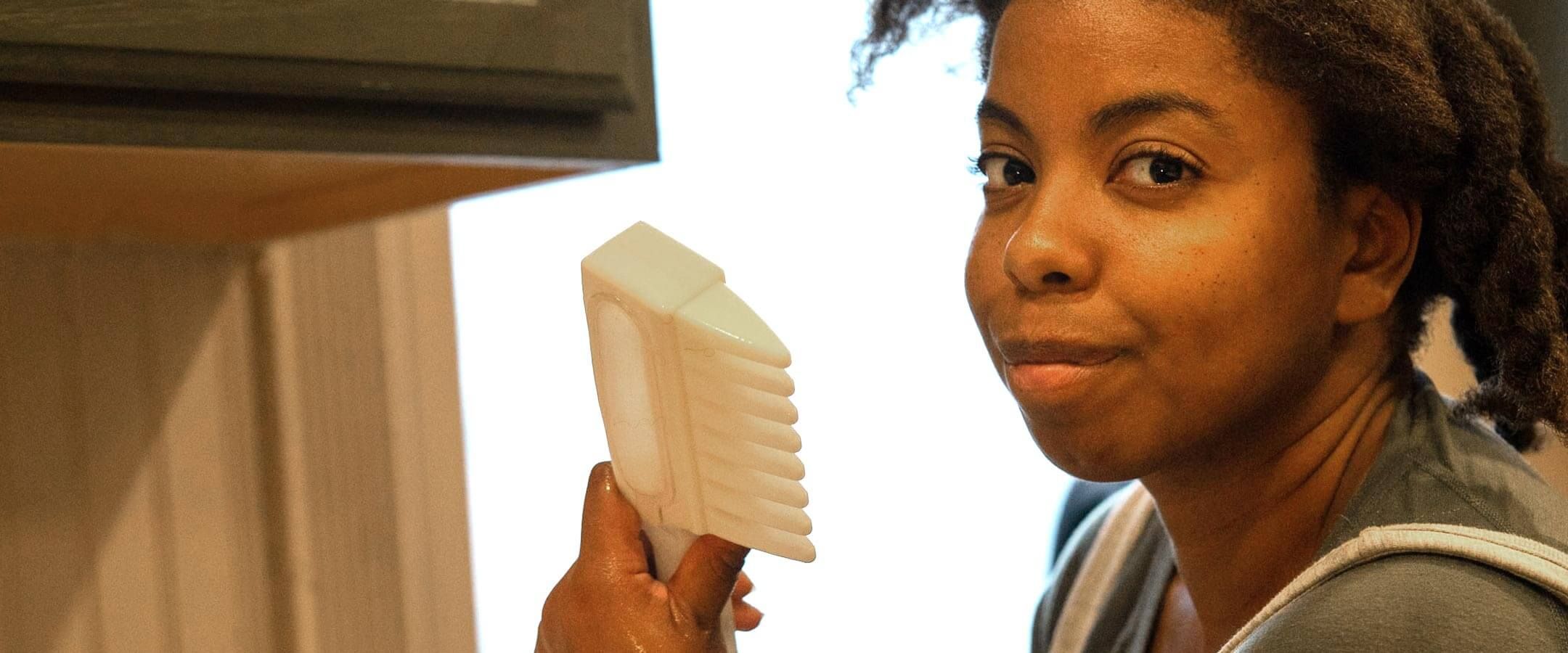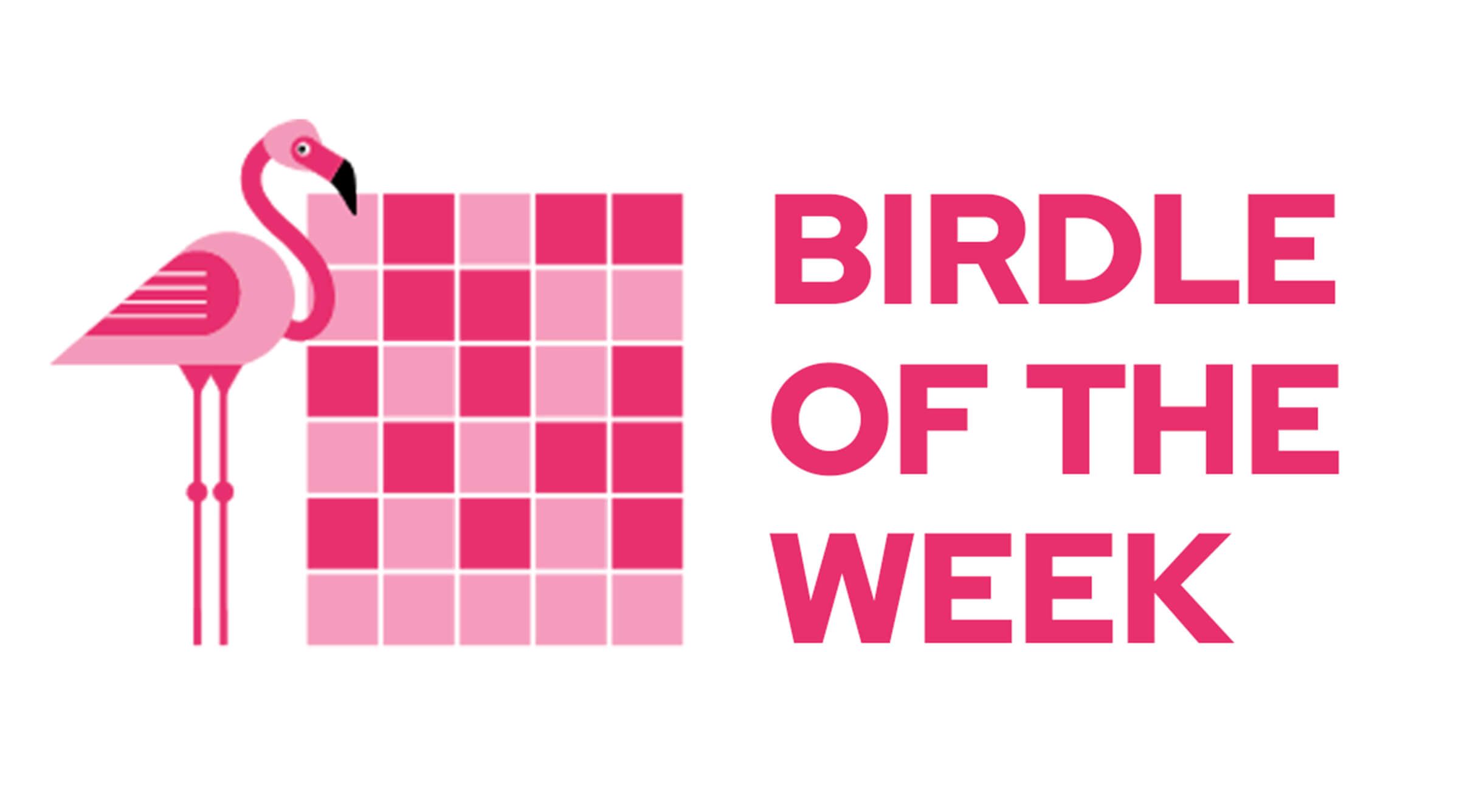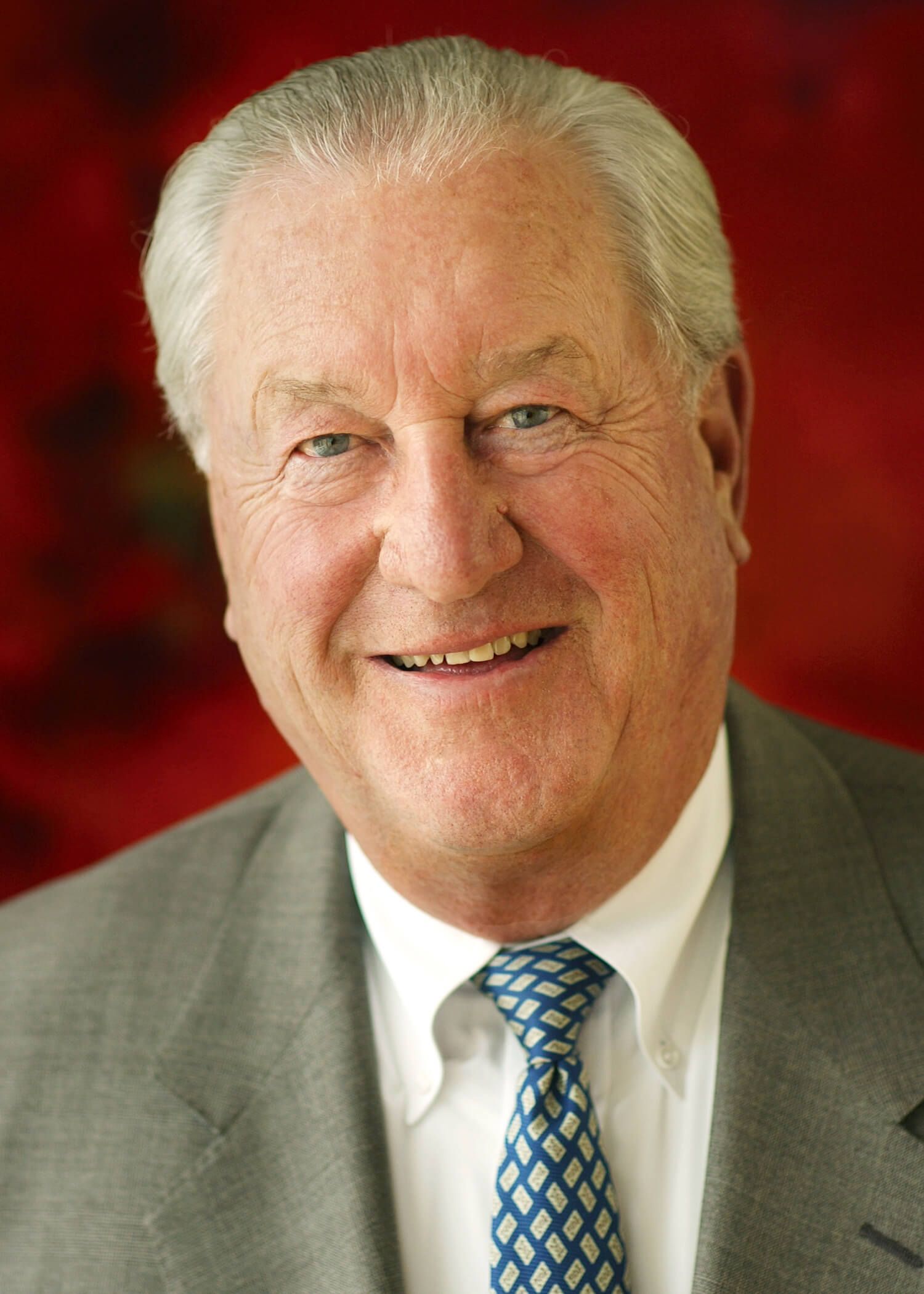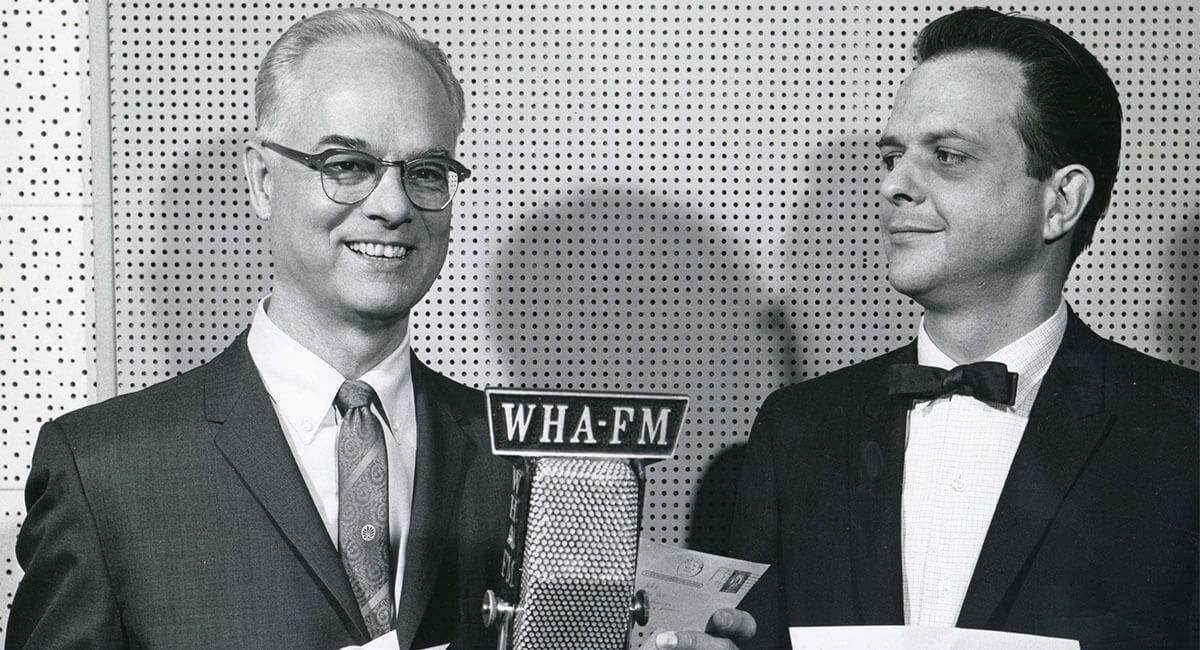It was the fall of 2016, it was midterms week, and Miona Short ’18 was grieving the devastating loss of her grandfather — the last thing she wanted to do was her hair. As both a First Wave scholar and a scientist studying astrophysics, Short tapped into her creativity and her ingenuity to develop a solution that would change her hair care and, later, her life: the Carefree Comb.
“The Carefree Comb was born out of a profound grief,” Short says, “but it was a kernel of joy, a kernel of hope, and a kernel of relief in that grief.”
The Carefree Comb is a wide-toothed comb that contains and distributes hair product as it detangles, condensing multiple steps of a routine into one. Six years later, after Short was laid off from her job at a health care technology company, the Carefree Comb once again provided an inventive solution in the face of misfortune when Short founded her hair-care company, Shukrah.
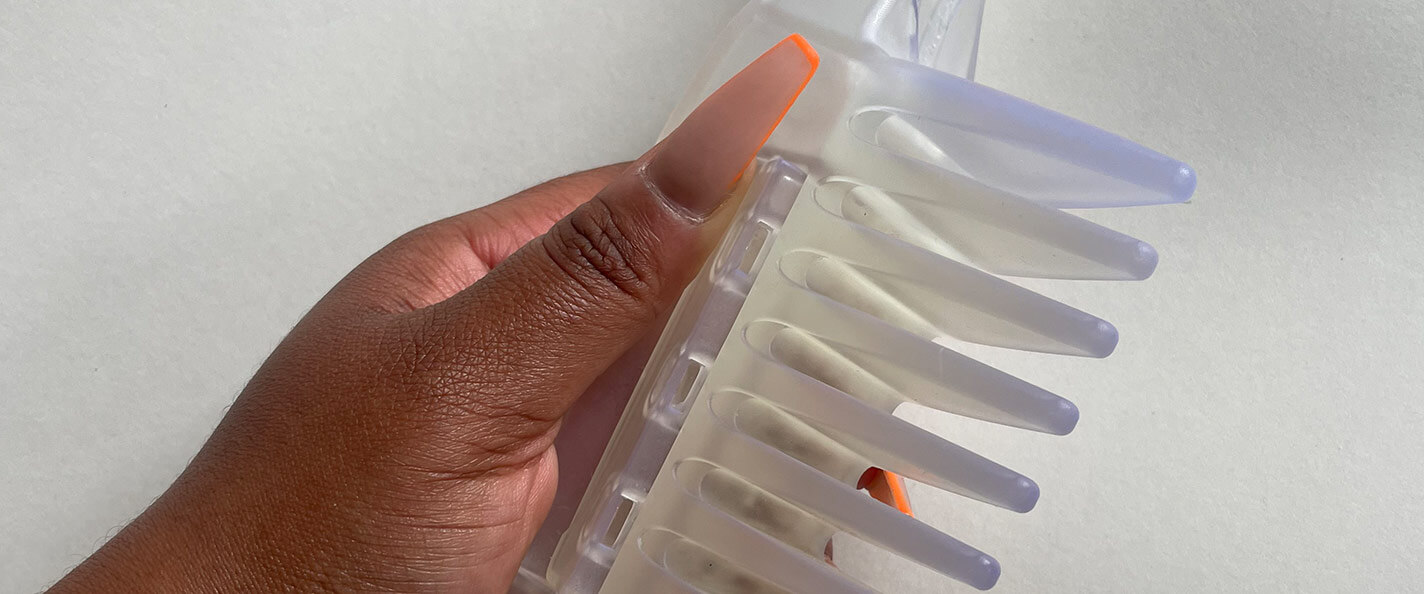
“It was a year of profound self-discovery … I sort of started to grow up with the birth of the company,” Short says. “I started to study other founders and CEOs and really understood what it would take for a company to succeed with an effective leader. I had to recognize how I wasn’t that, in a lot of ways, and then had to begin to train myself to be that.”
Today, Short is preparing to take the Carefree Comb to market and already has plans for Shukrah to remain at the advent of the ever-evolving hair-care industry.
“I think the me that first had the idea [for the Carefree Comb] would be really proud of where it is now,” Short says. Below, the astrophysicist-turned-entrepreneur shares Shukrah’s cosmic origin story and how she’s grown alongside it.
Where does the name Shukrah come from?
I was studying abroad in Chile, and I was making a hair conditioner in my host family’s kitchen. I was listening to a podcast about Sara Blakely, the founder of Spanx, and she was discussing how she came up with the name Spanx: comedian friends of hers said that the k sound is really effective in getting people’s attention. Then, out of the clear blue sky, the name Shukrah just sort of dropped into my body, and that was kind of it. I thought it was such a gorgeous name. I was like, “It probably means something in someone else’s language.” I looked it up, and in Arabic it’s a derivative of the word shukran, which is “gratitude.” In Sanskrit, [shukra] means “bright” or “brilliance,” and it’s another word for the planet Venus, which is my favorite planet.
How have you grown along with your company?
On an operational level, I think I’m a better project manager because I’ve had to be one, and I’m a lot more focused. This has been an exercise in paying attention to where the goalpost is, getting there, and recognizing that there are so many different moving parts, but having to really be [aware] of what will make them move in harmony together.
As a person, I think I’m a better listener. I also rely on my intuition a lot more. I think some of the best founders and CEOs are really able to listen not only to the people who work for them [and] not just to their customers but also to the overall industry environment.
What advice would you give to someone who does not have an entrepreneurial background but who is looking to start their own business?
There will always be an excuse not to do it. There is never a right time, and if there is a right time, you’re very close to being too late. [Also], keep intention in mind. Why do you want to start this business? Is this purely a monetary endeavor ... or is this mission-based or value-based? Your decisions will ultimately always come from your fundamental intention.
